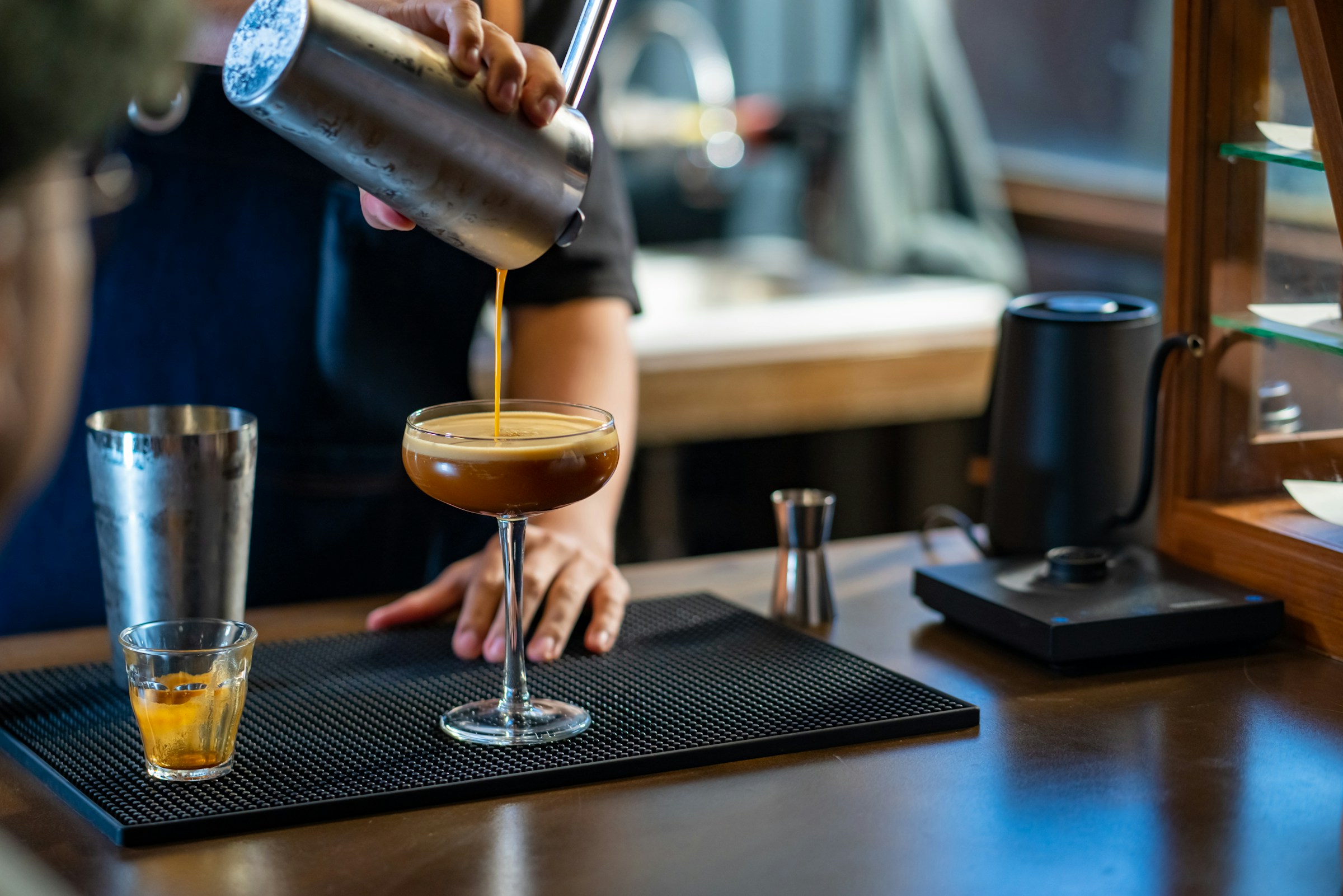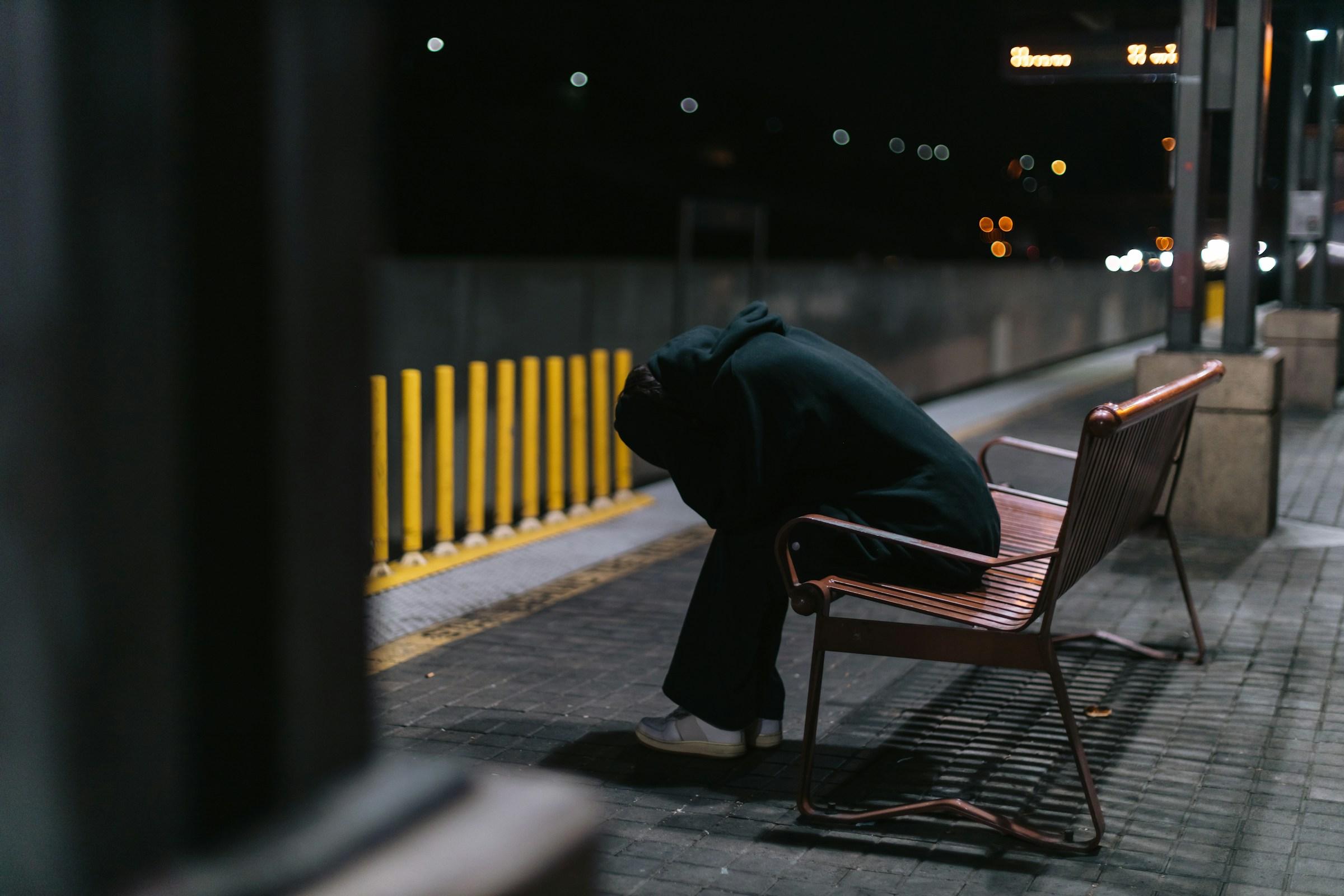A glass looks harmless in the warm light of the kitchen. Dinner simmers, the day feels long, and the first sip promises a soft landing. At first it feels like punctuation, a neat period at the end of a sentence you have worked hard to write. Then the punctuation starts to stretch. One glass becomes two, weeknights begin to echo weekends, and the small ceremony of pouring moves from a treat to a habit that steers the evening. Many people do not notice the slope while they are standing on it. It is familiar, it is social, and most of the time nothing dramatic happens. Yet the costs gather quietly in places that do not send invoices right away. They accumulate in sleep that does not repair, in moods that turn brittle, in mornings that no longer lift. The question of risk can sound clinical, but in daily life it shows up as a rhythm that stops giving back. This essay is a clear look at how alcohol misuse rearranges the body, the mind, the home, and the relationships that make life feel meaningful, and it is also a guide to designing a gentler path without shame.
The body keeps faithful records even when the calendar keeps moving. Alcohol depresses the central nervous system, which explains the first wave of warmth and calm that many people find comforting. That quiet is borrowed from later. As the liver converts alcohol to acetaldehyde and beyond, the heart rate lifts, body temperature shifts, and sleep architecture frays. It becomes easier to fall asleep, then harder to stay asleep. Deep sleep contracts, REM breaks into short fragments, and a three or four in the morning wake up begins to visit more often. You may settle back down, but you do not return to the same quality of rest. A string of such nights does not always feel like a problem at first. You attribute it to stress, to deadlines, to the weather. The missing restoration shows up in slower workouts, in coffee that goes from a pleasure to a crutch, and in a steady feeling that mornings have become thinner and more fragile than they used to be.
The gut writes its own margins in this story. Alcohol irritates the stomach lining and alters the balance of microbes that help digest food, regulate inflammation, and even influence mood. What once felt like clean hunger after a day of reasonable meals turns into heartburn, bloat, or a heavy appetite for late snacks. Blood sugar dips follow a night of drinking, so the body demands quick relief with salt and sugar. It is easy to call this lack of discipline, but a better description is that your internal signals have been rearranged. Over weeks, those evening adjustments become normal. Breakfast choices drift, energy sags in the late morning, and the day demands more effort to feel steady.
The brain, which loves predictable rhythms, tries to compensate. Neurotransmitters that help you switch between focus, calm, and play lose their normal balance with repeated heavy use. The result can look like a gray mood that lingers even on good days, a flatness that makes enjoyable activities feel muted, or a jumpy edge that shortens patience. None of this requires visible intoxication. It can unfold in ordinary lives where work is delivered, errands get done, and families function. You might notice yourself reading neutral messages as criticism or hearing small requests as demands. The people who know you will often notice earlier than you do. They may say you seem distant, reactive, or oddly tired for someone who is managing so much. That is not a moral failure. It is the imprint of disrupted sleep, a taxed nervous system, and chemistry that has been nudged away from balance.
Memory and attention begin to pay attention to this drift. You do not need dramatic episodes to feel foggy. Heavy episodes scattered through a month can erode small habits that once felt automatic. Labels on freezer containers, school forms, a bill that used to be paid without a reminder, a paragraph that requires a second or third pass, these are tiny signals that the mental bandwidth you rely on has narrowed. The mistake at this point is to fight harder and judge yourself more. What helps is to look at the system you are living inside and to adjust the places where your environment makes the old habit effortless and the new habit awkward.
Risk also lives in the quiet places of safety. Reaction time slows even at modest blood alcohol levels, and judgment blurs before obvious intoxication appears. A short drive home from dinner, a late night bike ride, or a quick turn with a knife in the kitchen can move from routine to accident. Most people will outrun this risk for a while. Then one close call or a small injury breaks the illusion that nothing is happening. The legal and medical consequences are part of the story, but the domestic side matters too. Alcohol can lower empathy and shorten temper, so small disagreements become larger, bedtimes slip into arguments, and the home that should restore everyone becomes a place that drains them. The picture does not have to be dramatic to be true. A little less patience, a little more distance, a few more apologies, and a steady sense that one person is often a step away from their best self, these are ordinary signs of risk.
The social world around you can nudge this either way. Many friend groups treat heavy pouring as friendly, adult, and deserved. That culture can be warm, and it can also make moderation feel like rejection. The point is not to abandon friends but to adjust the settings of your week so that ease does not depend on alcohol. Design helps because habits follow cues and friction. If the first object you pass after closing the laptop is a bar cart, the cue fires before the intention to do anything different. Moving that cart, storing bottles out of sight, and keeping interesting nonalcoholic options in the open are small changes that create new defaults. A carafe on the counter makes water feel like a chosen drink, not a chore. A row of chilled herbal teas or flavored seltzers on the top shelf of the fridge puts the replacement within easy reach. A bowl of cut citrus on the counter turns a zero proof drink into a ritual with scent and color. None of this depends on willpower. It depends on how quickly you can make the better choice feel like the natural one.
There is also the role of transition. Most people do not crave ethanol as a molecule. They crave a doorway between work and home, between effort and rest. Alcohol draws that doorway fast. If you remove it without replacing the boundary, the evening can feel flat and shaky. The better move is to create a ritual that charges the senses in a different way. Ten minutes on a balcony or a porch with a small fan and a song that marks the end of the day can do more than most people expect. A short shower with a drop of eucalyptus oil on the floor turns steam into a pause. A walk to catch the last light, a few minutes over the stove with a simmering broth before dinner, or a mouthful of something savory that starts the meal at a slower pace, each of these can become a repeatable signal that you are off the clock. The desire for a drink often fades when the body receives a boundary that feels kind.
Stress makes this conversation urgent. Alcohol is a fast tool for taking the volume down on a difficult mood, and many seasons of life contain more difficulty than seems fair. The compassionate step is to name the source. Overwork needs different help than loneliness. A mismatch between your natural energy and your schedule needs different help than grief. When the cause is specific, the intervention can be specific. Night owls do better scheduling movement later in the day rather than trying to win a battle with dawn. A quiet midweek dinner with one friend can heal a mood more than three loud nights in a row. The aim is not to remove pleasure. The aim is to put pleasure in a container that protects you.
Money hides inside this habit as well. A bottle here, a delivery there, a weekend tab that looks harmless in isolation, and the number climbs without anyone announcing it. Redirecting that spend can change the story your brain tells about reward. A monthly massage, a better sleep mask, a morning class that turns energy into calm by noon, these purchases make rest tangible. When your brain links the feeling you want to something that restores you, the cycle begins to shift.
There are also the hard edges that deserve plain language. Heavy alcohol use elevates the risk of liver disease, certain cancers, cardiovascular strain, depression, anxiety, and cognitive decline. Those risks do not wait for people who look disheveled or out of control. They accumulate in ordinary people living ordinary weeks. Family history matters, and so does current mental health. A personal or family pattern of substance misuse, mood disorders, or metabolic disease thins the buffer. That is not a sentence. It is a prompt to design your environment with extra care and to seek support before the habit becomes a trap. If cutting back always collapses after a few days, if rules keep shifting, or if mornings feel worse more often than they feel better, speak with someone whose role is to help. A therapist, a doctor, a peer group, or a sober curious community can supply the structure that the body and mind are asking for. The goal is not to pass a character test. The goal is a week that you like living.
Relationships deserve a second look because they carry both the strain and the repair. Excess drinking blunts empathy and sharpens reactivity. Over time, small frictions deepen into grooves. Date nights become excuses to drink, family gatherings revolve around refills, and conversations that need tenderness get kicked into mornings that never feel like the right time. Changing the frame can soften everything. Plan one evening a week where connection does not involve alcohol. Cook together at an hour that ends early. Visit a gallery, swim at night where it is allowed, or walk through a neighborhood you do not know and share a dessert. Let your nervous systems meet without interference. You might learn that the version of yourself you miss is still close, waiting for a chance to show up clear.
Of all the levers you can pull, sleep may be the most powerful. Protecting the first half of the night helps every other change. If alcohol is present, limit it to early evening, pair it with food and water, and stop several hours before bedtime. If you choose a period of full stop, write it down and tell one supportive person. A written line and a witness turn a wish into an action. The next morning is where the repair accelerates. Sunlight within the first hour helps reset the clock, and even a short walk lifts residual fog. A breakfast that steadies blood sugar lowers afternoon swings. Eggs, yogurt, tofu scrambles, oats with nuts and seeds, or savory leftovers do more for mood than most rigid rules at night. The day is a loop. Support the morning and the night needs less rescuing.
Work culture can make or break this effort. Some teams still treat drinking as bonding, and that can be confusing when you are trying to change. You can hold your boundary without stepping outside the circle. Order a nonalcoholic option first and pace the evening around conversation, not rounds. Volunteer to choose venues with strong zero proof menus. Often you will discover that several colleagues are quietly relieved when someone else sets that tone. If you host, make the nonalcoholic options visible and interesting. People follow cues. A table that suggests variety invites everyone to choose what serves them.
Self compassion belongs at the center. If you have used alcohol to get through a hard season, you were trying to protect yourself with the tools you had. You can put those tools down without punishing yourself for picking them up. You do not need to carry blame to make a better choice. You only need to notice what your days feel like and what your nights cost. A small experiment can be enough to break the inertia. For two weeks, move the barware out of sight, stock better evening drinks, add one sensory ritual that marks the end of work, and give sleep the first priority. Track how you feel. Write down what improves. Let your own data persuade you.
The phrase risks of abusing alcohol can sound like a warning printed on a poster. In lived time it looks like an edge to your patience that did not used to be there, a fog that moves through the early hours, a partner who misses the version of you that laughs more easily, a home that no longer restores the people inside it. You do not need a dramatic moment to change direction. You can alter the shape of your space and your rituals today, and the shift in your body will arrive faster than you expect. When your environment supports the person you want to be, your habits start to follow that outline. Progress rarely announces itself. It shows up as a week that leaves you with energy in the tank, as a morning you meet with steadier eyes, as a conversation that ends without regret. If you need a single sentence to begin, place this on a card near the sink. Tonight I will choose one ritual that truly restores me. Then do it, then repeat it, then watch what else becomes possible when the quiet of the night belongs to you again.






.jpg&w=3840&q=75)






.jpg&w=3840&q=75)
